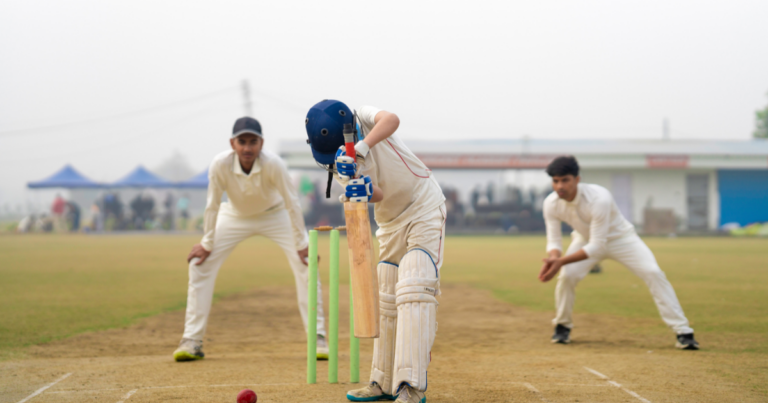Sports Betting vs. Stock Trading: A Comparative Analysis
AllpaanelAllpaanel: Sports betting and stock trading are both about predicting outcomesbut they differ significantly in their core foundations. In sports bettingthe results are based on the performance of athletes or teams in a specific game or event. The outcome is highly dependent on factors like skillchanceand sometimes external influences. It is an activity more associated with entertainment and leisurewhere individuals place bets on the expected results of a sporting event.
On the other handstock trading revolves around buying and selling shares of ownership in a company. The value of a stock fluctuates based on numerous factors like company performancemarket conditionseconomic indicatorsand investor sentiment. Stock trading is driven by the goal of making a profit by capitalizing on the perceived value of a company’s stock over time. Unlike sports bettingstock trading is intertwined with economic principlescorporate governanceand market analysis.
• In sports bettingoutcomes are based on the performance of athletes or teams in a specific game or event.
• Factors like skillchanceand external influences play a significant role in determining the outcome.
• Sports betting is more associated with entertainment and leisure activities.
• Individuals place bets on the expected results of a sporting event.
• Stock trading involves buying and selling shares of ownership in a company.
• The value of stocks fluctuates based on factors like company performancemarket conditionseconomic indicatorsand investor sentiment.
• The goal of stock trading is to make a profit by capitalizing on the perceived value of a company’s stock over time.
• Stock trading is intertwined with economic principlescorporate governanceand market analysis.
Risk Factors Associated with Sports Betting and Stock Trading
In both sports betting and stock tradingone of the significant risk factors is the element of unpredictability. The outcome of sports events or financial markets can be influenced by various unforeseen factorsmaking it challenging to accurately predict results. This volatility can lead to substantial financial losses for individuals engaged in these activities.
Moreoverpsychological biases play a crucial role in amplifying the risk associated with sports betting and stock trading. Emotions such as greedfearand overconfidence can cloud judgment and lead to impulsive decision-making. These biases can result in poor investment choices or reckless betting behavior that goes beyond rational analysis and can have detrimental consequences on an individual’s financial well-being.
Regulation and Legalities in Sports Betting and Stock Trading
Sports betting and stock trading are both activities that face regulatory oversight to ensure fair play and protect investors and bettors. In sports bettingregulations vary significantly by jurisdictionwith some countries embracing the activity and others imposing strict limitations or outright bans. The legality of online sports betting especially remains a hotly debated topic around the worldwith many countries implementing different rules to govern this aspect of the industry.
Similarlystock trading is subject to a variety of regulations aimed at maintaining market integrity and protecting investors from fraud and manipulation. Regulatory bodies such as the Securities and Exchange Commission (SEC) in the United States enforce rules to ensure fair and transparent trading practices. Compliance with these regulations is crucial for both individual traders and larger financial institutions to operate within the confines of the law and maintain market confidence.
What are the key differences between sports betting and stock trading?
Sports betting involves placing bets on the outcome of sports eventswhile stock trading involves buying and selling shares of publicly traded companies. Sports betting is based on chance and luckwhile stock trading involves analysis and research.
What are the risk factors associated with sports betting and stock trading?
The main risk factor in sports betting is the uncertainty of the outcomewhich can result in financial loss. In stock tradingrisks include market volatilitycompany performanceand economic factors that can impact stock prices.
How are sports betting and stock trading regulated and legalized?
Sports betting and stock trading are regulated by different governing bodies. Sports betting may be regulated at the state level in the USwhile stock trading is regulated by the SEC. Both activities are subject to laws and regulations to ensure fair and transparent practices.
Set featured image






